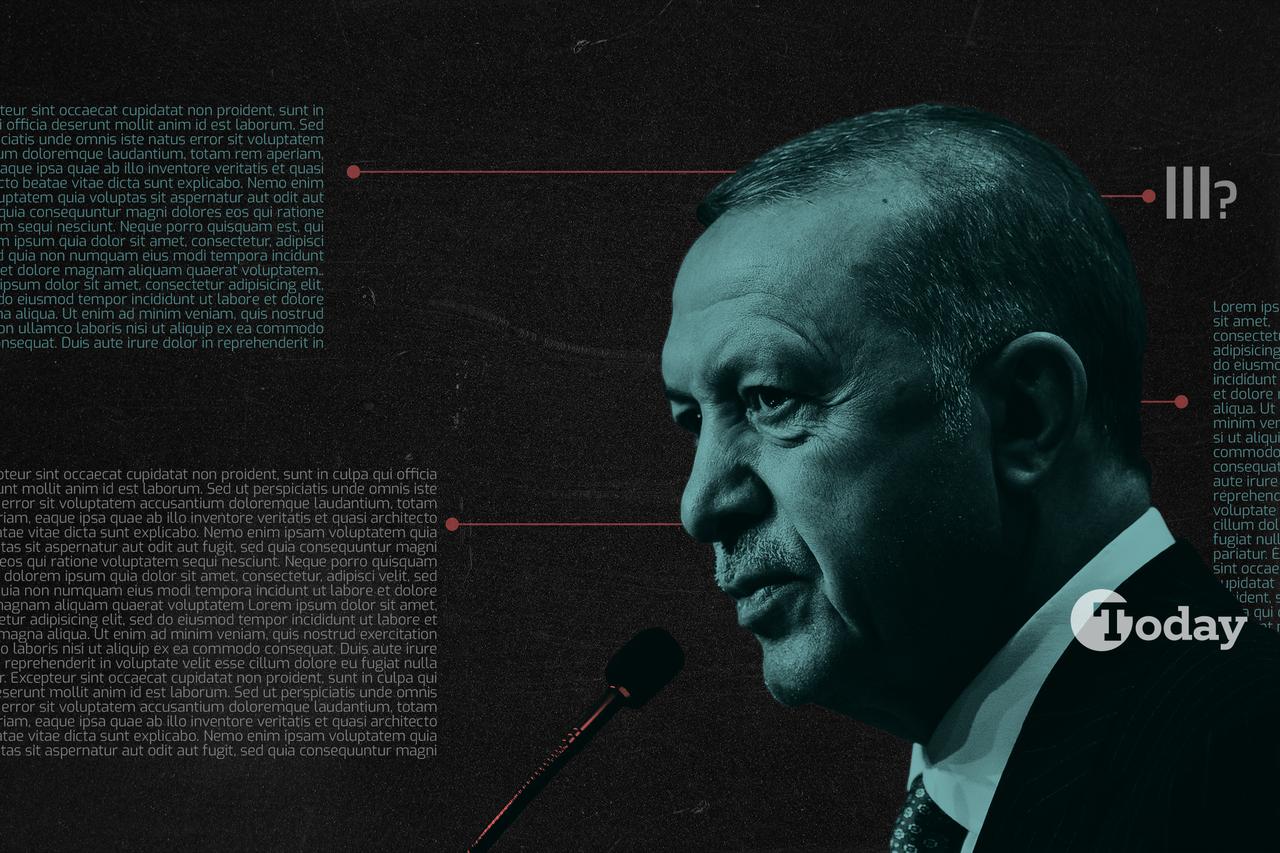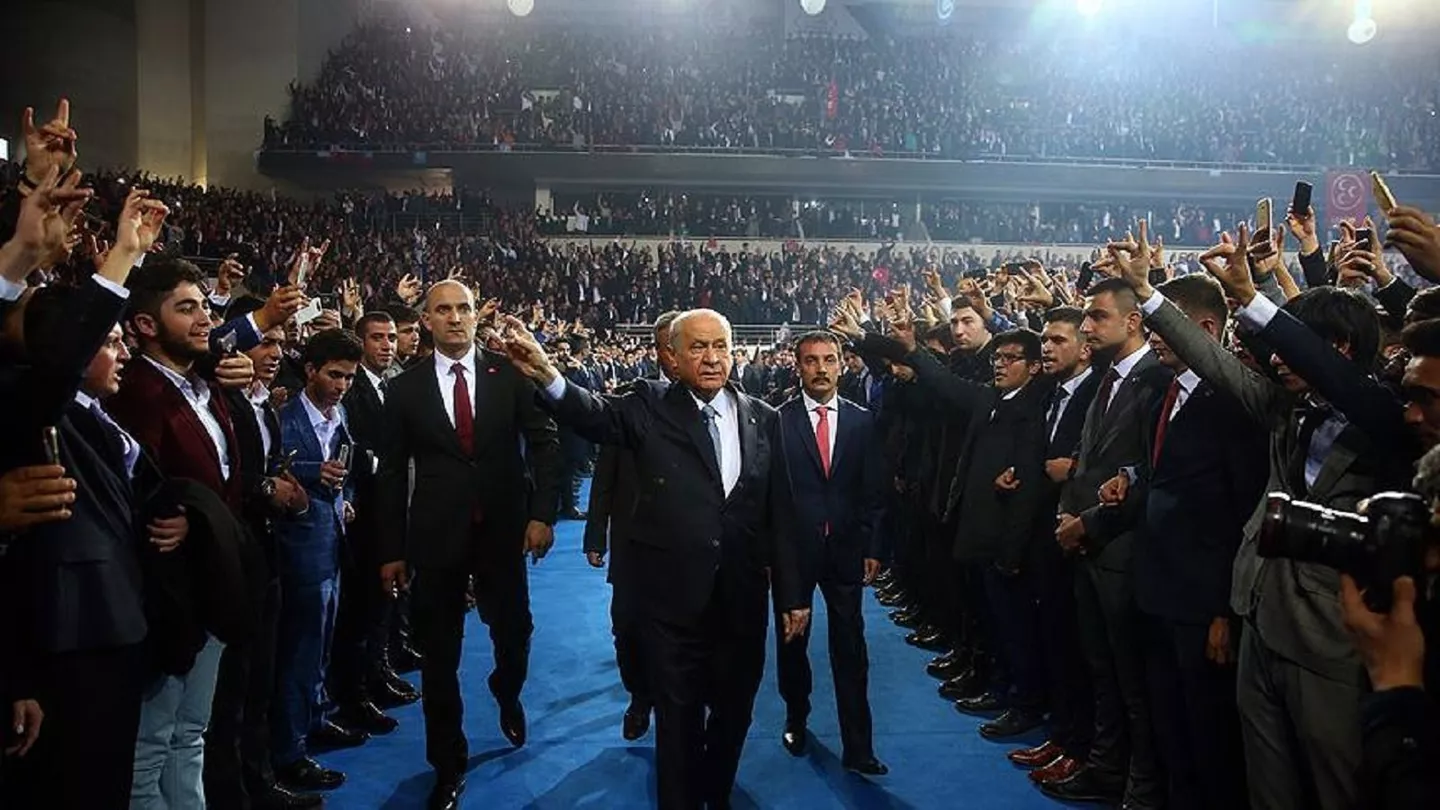
On a routine flight back from Hungary on May 22, Turkish President Recep Tayyip Erdogan delivered what seemed like a definitive declaration: "We are seeking a new constitution not for ourselves, but for our country. I have no concern about being elected again or running again."
Yet for those who have been following Erdogan's political trajectory, such clarity feels almost suspiciously simple. The opposition certainly thinks so. Ali Mahir Basarir, deputy group chairman of the main opposition party, fired back with constitutional precision: "According to the constitution, you cannot be a candidate anyway."
President Erdogan’s remarks ahead of the March 31, 2024, local elections seemed to settle a long-standing political question. “This is my final election; under the authority granted by the law, this is my last election,” he declared. The statement was widely interpreted as a definitive conclusion to Erdogan’s presidential journey, underlining constitutional limits that cap presidential terms at two.
Yet, this apparent finality was short-lived. Later in the same year, during a Nov. 5 party meeting, Nationalist Movement Party (MHP) leader Devlet Bahceli publicly called for a constitutional amendment that would allow Erdogan to seek another term in office. The request reignited discussions around the possibility of extending Erdogan’s tenure beyond what the constitution currently allows.

The controversy resurfaced on Jan.11, 2025, during a provincial congress of the ruling Justice and Development Party (AK Party) in Sanliurfa. On stage, Turkish singer Ibrahim Tatlises posed a pointed question to the president: “Will you be a candidate in the upcoming term?” Erdoagn responded with a cryptic, “If you’re in, I’m in.”
Only two days later, AK Party spokesperson Omer Celik echoed a similar sentiment during a post-cabinet press briefing. When asked about Erdogan’s possible candidacy, Celik stated, “We respond the same way as our President: ‘If you’re in, we’re in.’” The repetition of this ambiguous phrase left observers questioning whether Erdogan was indeed preparing for another bid.
The Turkish Constitution, amended in 2017 to introduce a presidential system, clearly states in Article 101 that a person can serve as president for a maximum of two terms. Erdogan, first elected under the new system in 2018 and reelected in 2023, has already completed these two terms.
One potential route for another term would be to amend Article 101 and remove the two-term limit. However, this is currently a legislative long shot. A constitutional amendment requires the support of at least 360 members of Parliament to trigger a referendum, and 400 votes for direct adoption. The combined seats of the AK Party, nationalist government partner MHP, Democratic Left Party (DSP), and Free Cause Party (HUDA PAR) fall short of either threshold.
Even with support from the Peoples' Equality and Democracy Party (DEM Party), which is not guaranteed, the arithmetic still fails to offer a clear path to an unconditional amendment.

Bahceli’s own political history offers a parallel. After a past electoral defeat, he announced his resignation, only to return following reported calls from party members to stay on. He later disregarded internal demands for an extraordinary congress led by opposition figure Meral Aksener, cementing his role at the party helm.
Should Erdogan express a genuine desire to exit active politics, a similar call for his continued leadership would likely emerge from his base. Whether this would translate into legal maneuvering or institutional resistance remains to be seen.
One potential workaround to the constitutional limit is the announcement of an early election. Under Turkish law, if Parliament dissolves itself and calls for early elections, the two-term rule may be bypassed, allowing a president to run again.
However, this strategy is fraught with political risk. Opposition parties have made it clear they will not support an early election unless it aligns with their own political calculations. Some opposition figures have signaled that if Erdogan wants to call an early election, he must do so now, or not at all. Otherwise, they intend to block any such motion later in his term.
Responding to the president’s post-Hungary remarks, Bahceli said he found the comment neither fair nor appropriate.
“There are still many services our President must deliver,” Bahceli stated, adding that stepping back at this point would contradict both national needs and global realities. “Turning back time is irrational,” he said, warning against falling behind history and equating it with political collapse.
He went further, declaring: “A president whose concern is the nation and homeland has no right to veer off his path.” Highlighting what he called the indispensable role of Erdogan in Türkiye's future, Bahceli insisted, “The arrow drawn from President Erdogan’s bow must reach its target.”
Bahceli also framed Erdogan’s continued leadership as essential for the full institutionalization of the presidential system and for completing the process of establishing a “terror-free Türkiye.” He warned against those who “lie in wait to destroy what has been built,” saying there is no place for such political opportunism within the People’s Alliance.